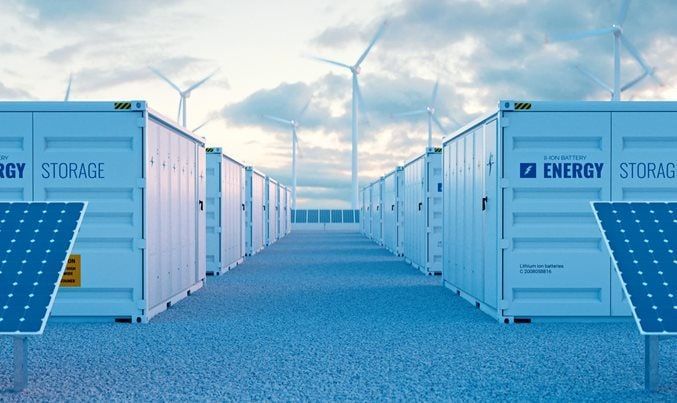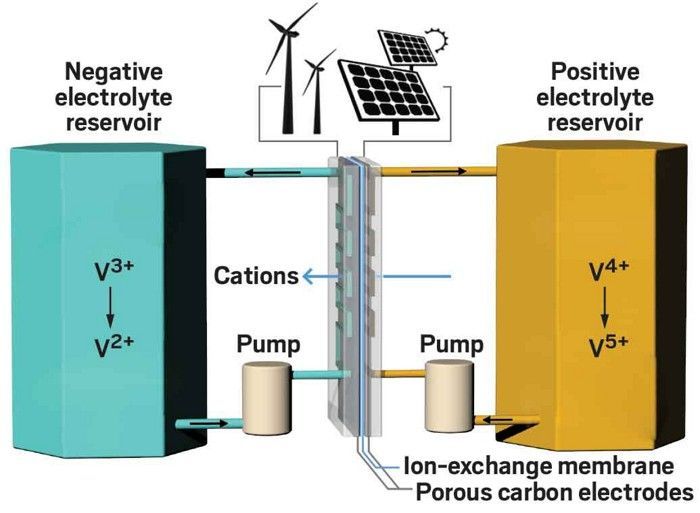In recent years, renewable energy sources such as solar and wind power have gained significant traction as viable alternatives to traditional fossil fuels. However, one of the main challenges facing the widespread adoption of renewable energy is its intermittent nature. This is where energy storage comes in as a crucial component in ensuring the success of renewable energy systems.
The Importance of Energy Storage
Energy storage plays a crucial role in enabling the effective integration of renewable energy into the grid. By storing excess energy generated during peak production periods, energy storage systems can help bridge the gap between supply and demand, ensuring a stable and reliable energy supply even when the sun isn’t shining or the wind isn’t blowing.
Furthermore, energy storage can help optimize renewable energy generation by smoothing out fluctuations in energy production, thereby improving overall system efficiency and reducing the need for backup power sources. This not only enhances grid reliability but also reduces the overall carbon footprint of the energy system.
Technological Advances in Energy Storage
Advancements in energy storage technologies have driven down costs and improved performance, making energy storage an increasingly attractive option for renewable energy integration. Lithium-ion batteries, for example, have become a popular choice for energy storage systems due to their high energy density, long cycle life, and fast response times.
Other promising energy storage technologies include flow batteries, pumped hydro storage, and thermal energy storage systems. Each technology has its own unique strengths and characteristics, making it suitable for different applications and grid requirements.
Energy Storage and Grid Resilience
Energy storage also plays a critical role in enhancing grid resilience, particularly in the face of increasing climate change impacts and extreme weather events. By providing backup power during blackouts and grid failures, energy storage systems can improve overall grid reliability and reduce the economic and social costs of power outages.
Furthermore, distributed energy storage systems can help decentralize the grid and reduce reliance on centralized power plants, making the grid more robust and resilient to disruptions. This decentralized approach to energy storage also enables greater flexibility and control over energy delivery, empowering consumers to manage their energy usage more efficiently.
The Future of Energy Storage
As renewable energy continues to grow in importance as a sustainable energy solution, the role of energy storage will become increasingly critical in ensuring its success. The ongoing development of advanced energy storage technologies, combined with supportive policies and incentives, will drive further innovation and deployment of energy storage systems on a larger scale.
The future of energy storage holds great promise for transforming the energy landscape and enabling a cleaner, more sustainable energy future. By harnessing the power of energy storage, we can unlock the full potential of renewable energy sources and pave the way towards a greener and more resilient energy system for generations to come.
Overall, energy storage is not just a key component in the success of renewable energy but a game-changer in the way we generate, distribute, and consume energy. With continued advancements in energy storage technologies and increased investment in grid modernization, we can overcome the challenges of integrating renewable energy and create a more sustainable energy future for all.


